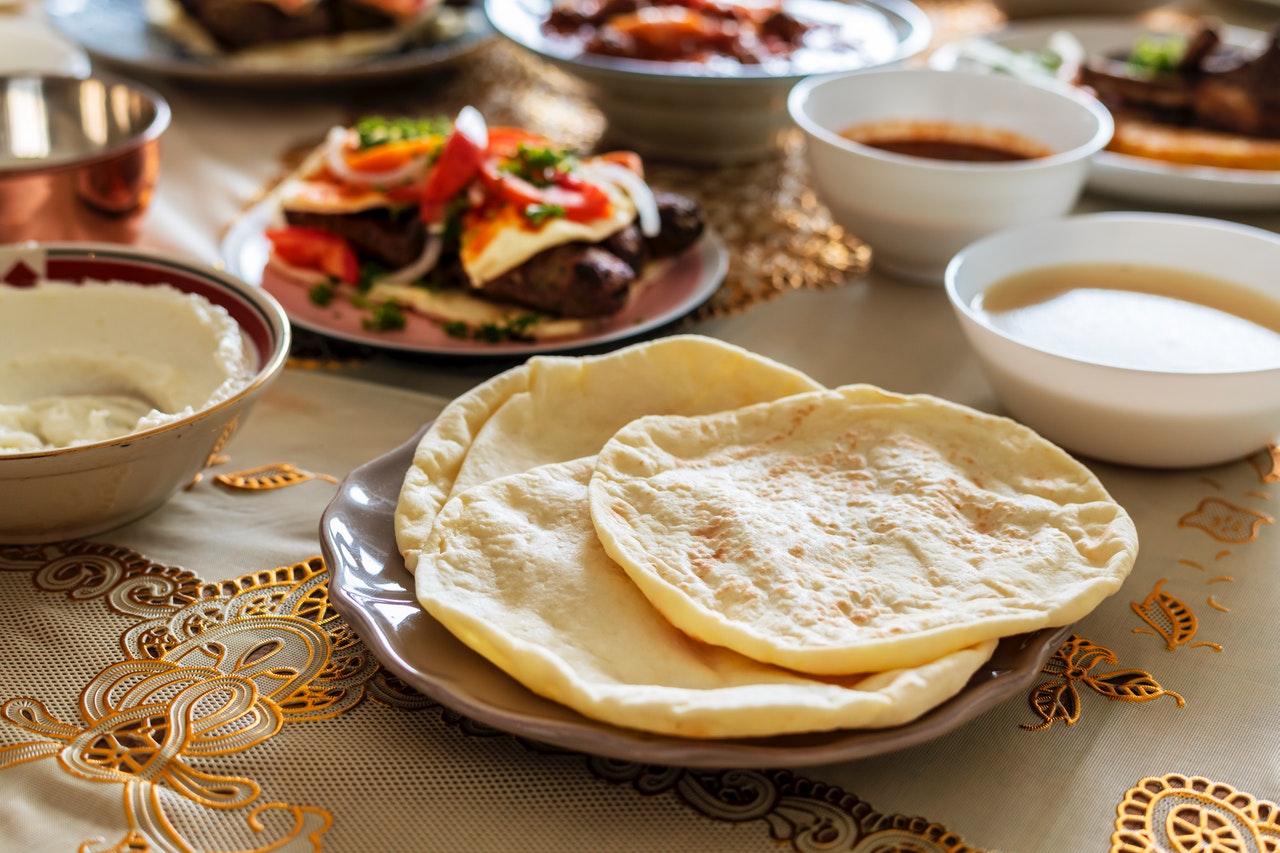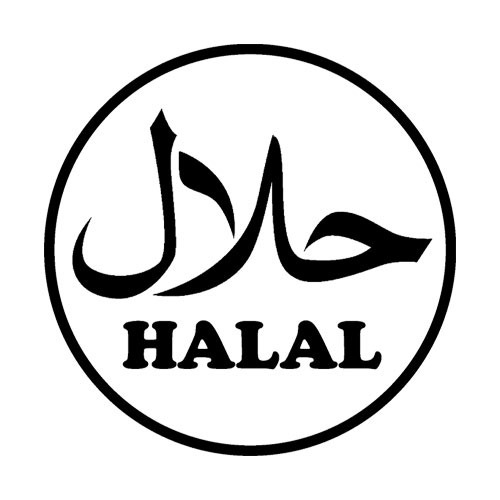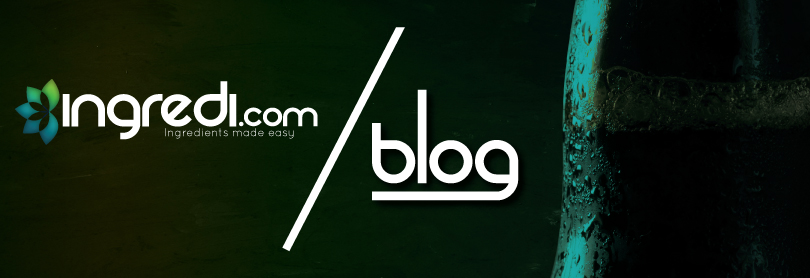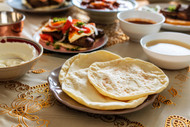What is Halal?
By on Apr 2nd 2019
According to the religion of Islam, certain foods cannot be consumed unless specific requirements are met. Halal is a dietary restriction that Muslims use as a guideline.
What is Halal?
Halal is an Arabic term which means permissible. Its counterpart, haram, translates to forbidden. In the Quran, halal and haram are used as categories to determine whether an action is lawful (halal) or unlawful (haram). However, both are mainly associated with Islamic dietary laws. All food is considered permissible if it is not specifically forbidden by the Quran (Islamic sacred book), the Shariah (Islamic canonical law), or the Sunnah (body of traditional Islamic customs and traditions). Muslims must ensure all the products they consume are halal.

What to Avoid
The Quran states, “He [Allah] has only forbidden to you dead animals, blood, the flesh of swine, and that which has been dedicated to other than Allah.” This means the following: an animal must still be alive before being slaughtered, an animal’s blood should be completely drained, Muslims cannot consume pork, and animals must be slaughtered in the name of Allah.
Halal is not just restricted to the proper preparation of meat and the restriction of consuming animals such as pigs. Nonmeat products can also be halal. Even though food items might not be made of meat, they can still contain meat by-products. People who want to maintain halal integrity must be cautious of unsuspecting products such as bread, coffee mixes, ice cream toppings, pizza, honey, and more. The consumption of alcohol is also forbidden; therefore, it is not halal.
It might be surprising to learn that non-food related items can still have animal origins. Vitamin capsules, beauty cosmetics, soaps, and plastic utensils are just a few products that can jeopardize halal. For instance, lipstick may contain pig fat, so it is essential to know what ingredients make up a product before use.
When shopping for halal ingredients, make sure to check for halal certification and any indication that it has been approved by the Islamic Food and Nutrition Council of America (IFANCA).
The Ritual of Zabiha
So, what does the slaughter process entail? Muslims consider the ritual of Zabiha to be the most humane way to slaughter animals. The process is intended to be done swiftly to prevent suffering and ensure minimum pain to the animal being slaughtered. An animal must be healthy and given food and water before the slaughter. A Muslim then uses a knife four times the size of the animal’s neck to cut the jugular vein, carotid artery, and windpipe. While this may sound gruesome, it is supposed to cause the least amount of agony to the animal.
Halal vs. Kosher

You may be wondering what the difference is between halal and kosher since both are Abrahamic religious-based dietary restrictions. A variance between the two is that halal forbids all alcohol consumption while kosher allows for it if it contains acceptable ingredients. For example, did you know that some wines may not be vegetarian/vegan? Kosher requires a strict separation between dairy and meat while halal is not as restrictive. Another main difference between the two involves the process of slaughtering: Allah’s name must be pronounced before each slaughter to be considered halal while Judaism believes a blessing only must occur once before an uninterrupted length of time to be considered kosher. To learn more about kosher, check out our blog post on the topic here.
How to Find Halal Ingredients
Shopping for halal ingredients is made easy at Ingredi.com. We’re dedicated to getting only the best products into your hands.
You can find Halal certification under the “Information & Data Sheets” section on each product page. You can also search for “halal” in our search bar to find all certified halal ingredients available. If you have any questions, you can contact our customer service team.
Sources:
https://www.halalfoodauthority.com/definition-of-h...
http://www.islamichalal.org/what-is-halal.html
https://en.wikipedia.org/wiki/Halal
http://www.differencebetween.net/object/comparison...






